Are you a night nibbler? Does it feel like you eat healthily all day and then your hunger demons come out in the evenings? That’s fine if you’re reaching for a banana or a few walnuts, but a completely different story if you have a habit of busting open a 10pm bag of chips.
“The issue is not so much the time, as the quality of food,” says food addiction professional Dr Joan Ifland.
“Unprocessed foods nourish and promote stability in terms of mood, sleep cycle, energy, and appetite while processed foods do the opposite.” A tendency to snack on unhealthy foods well into the evening can stem from a variety of reasons.
To curb your night-time binges, follow these tips:
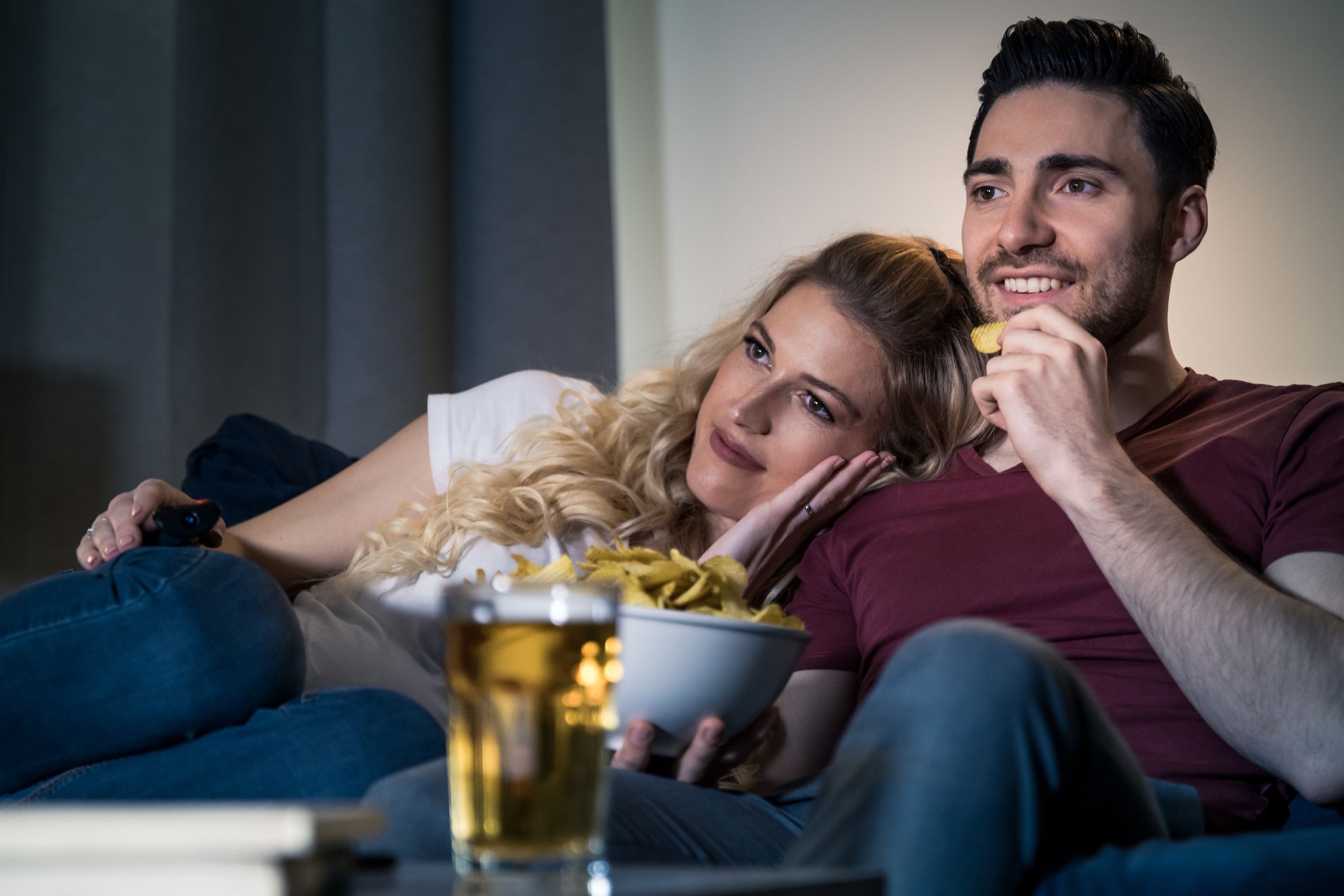
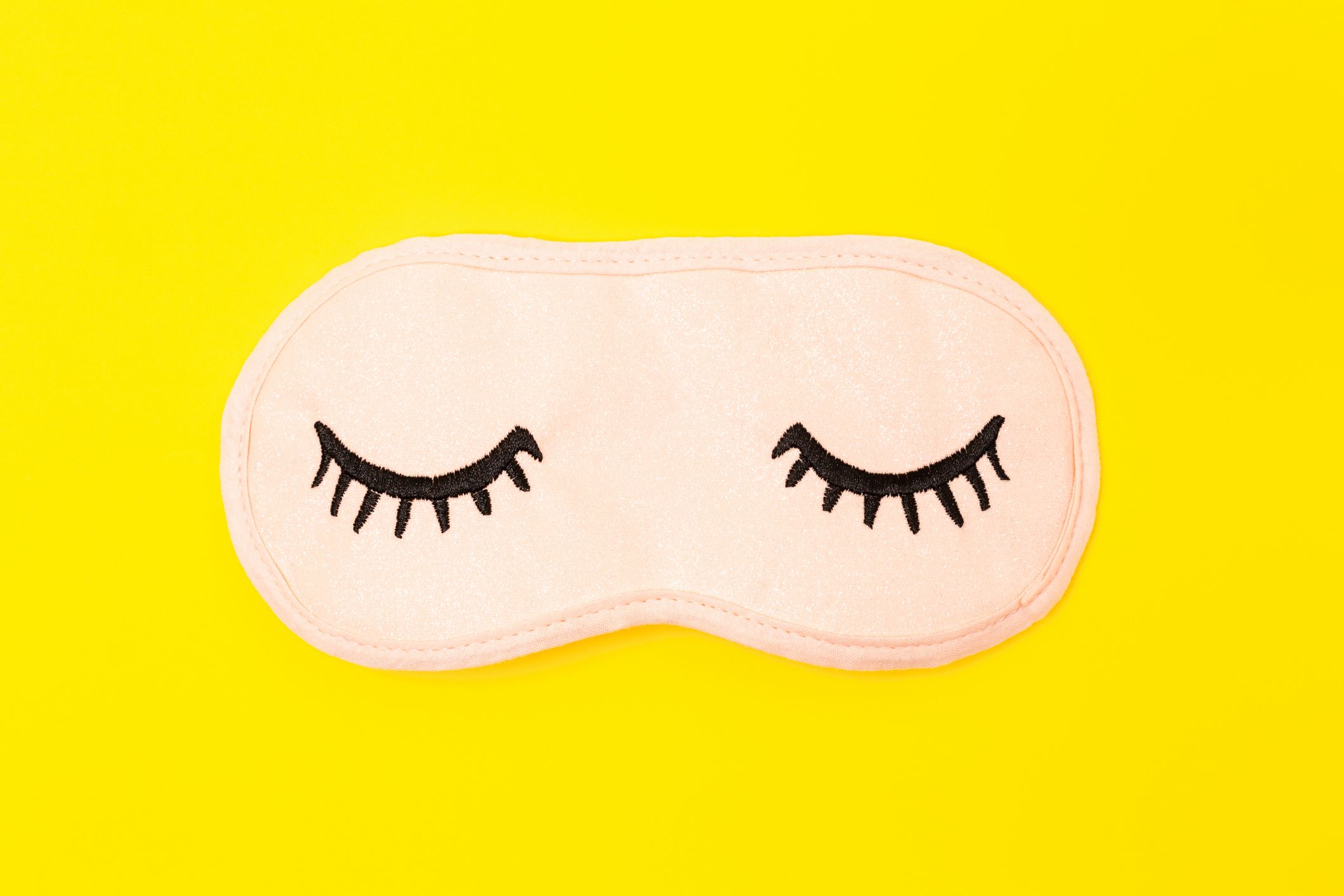
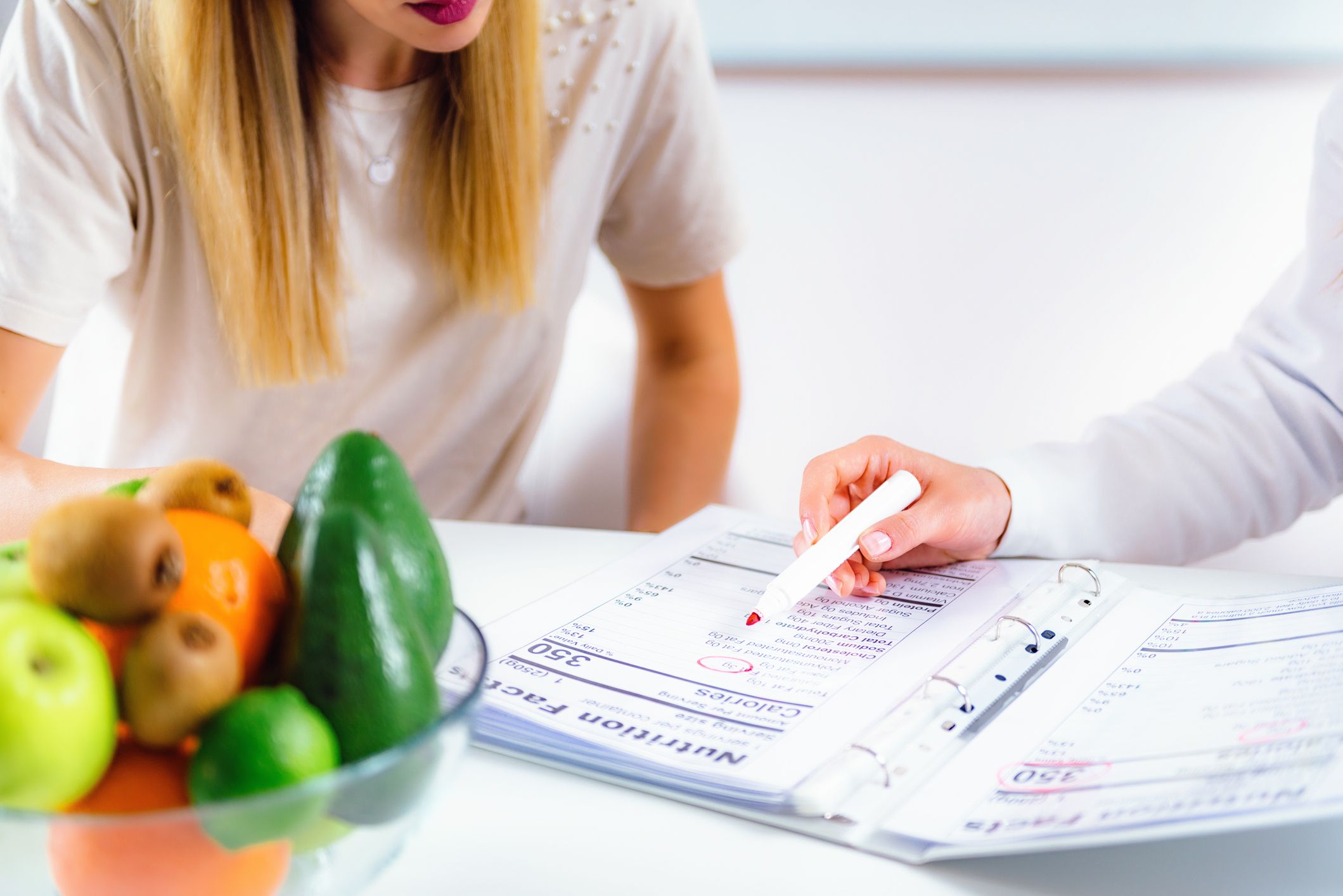
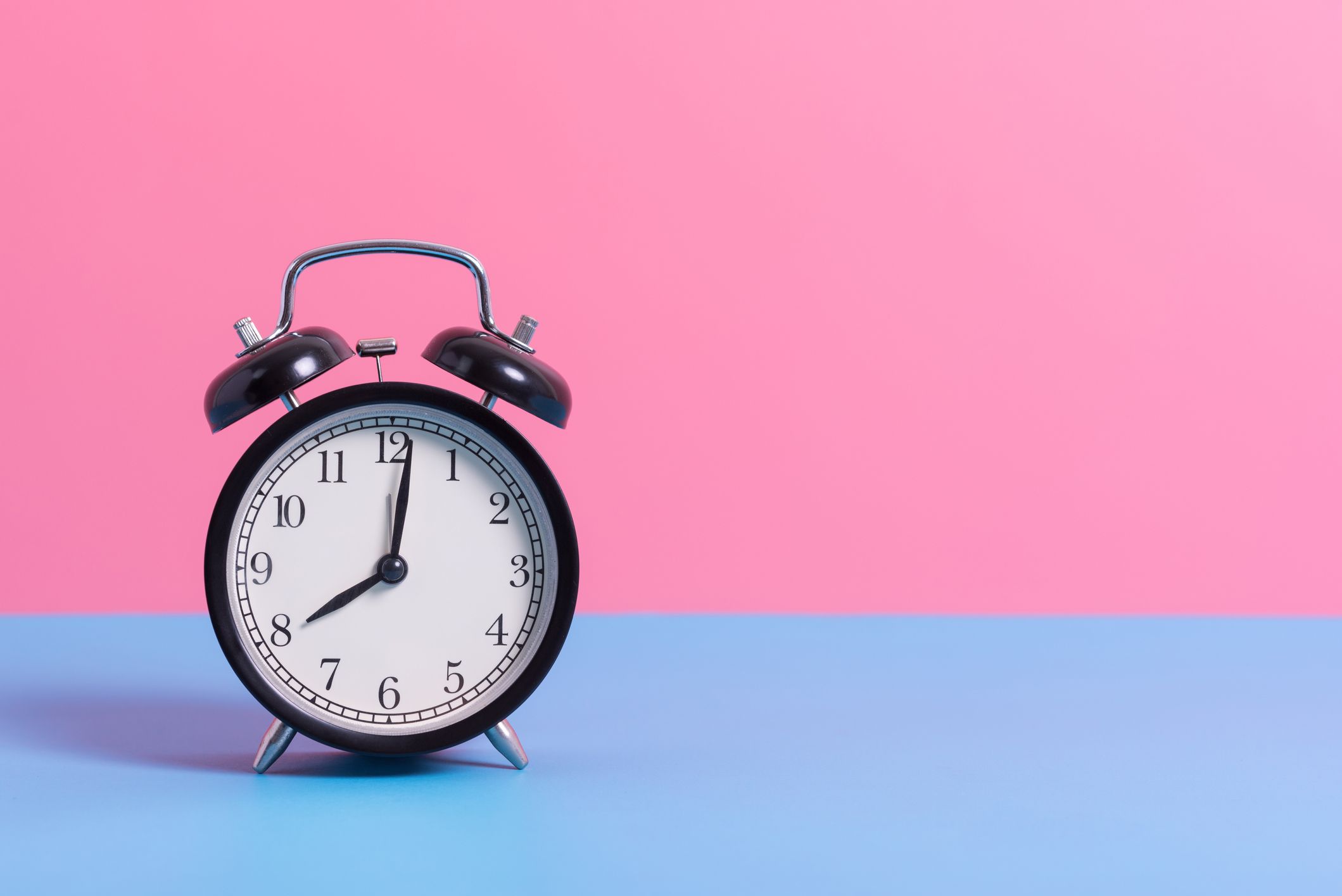


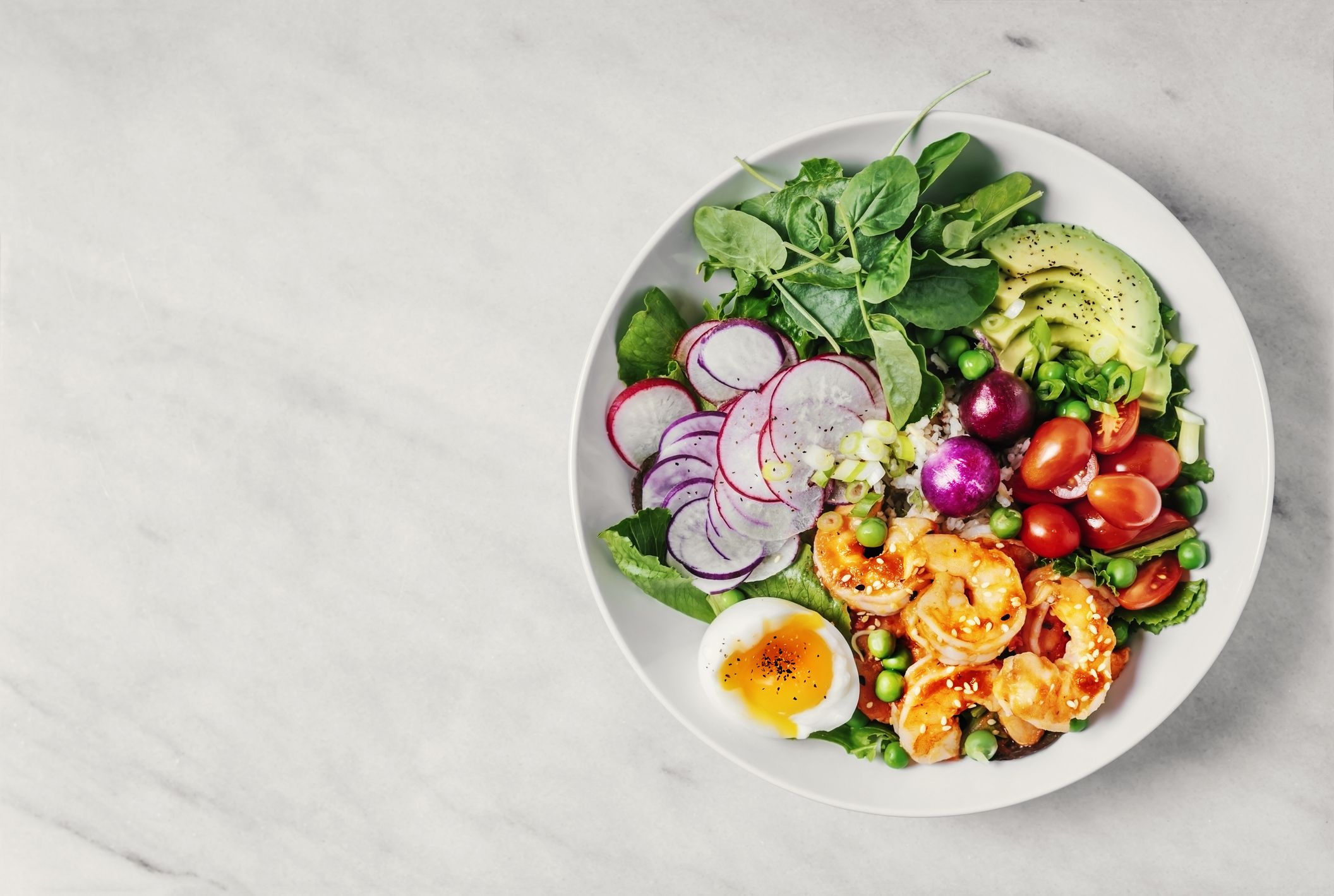

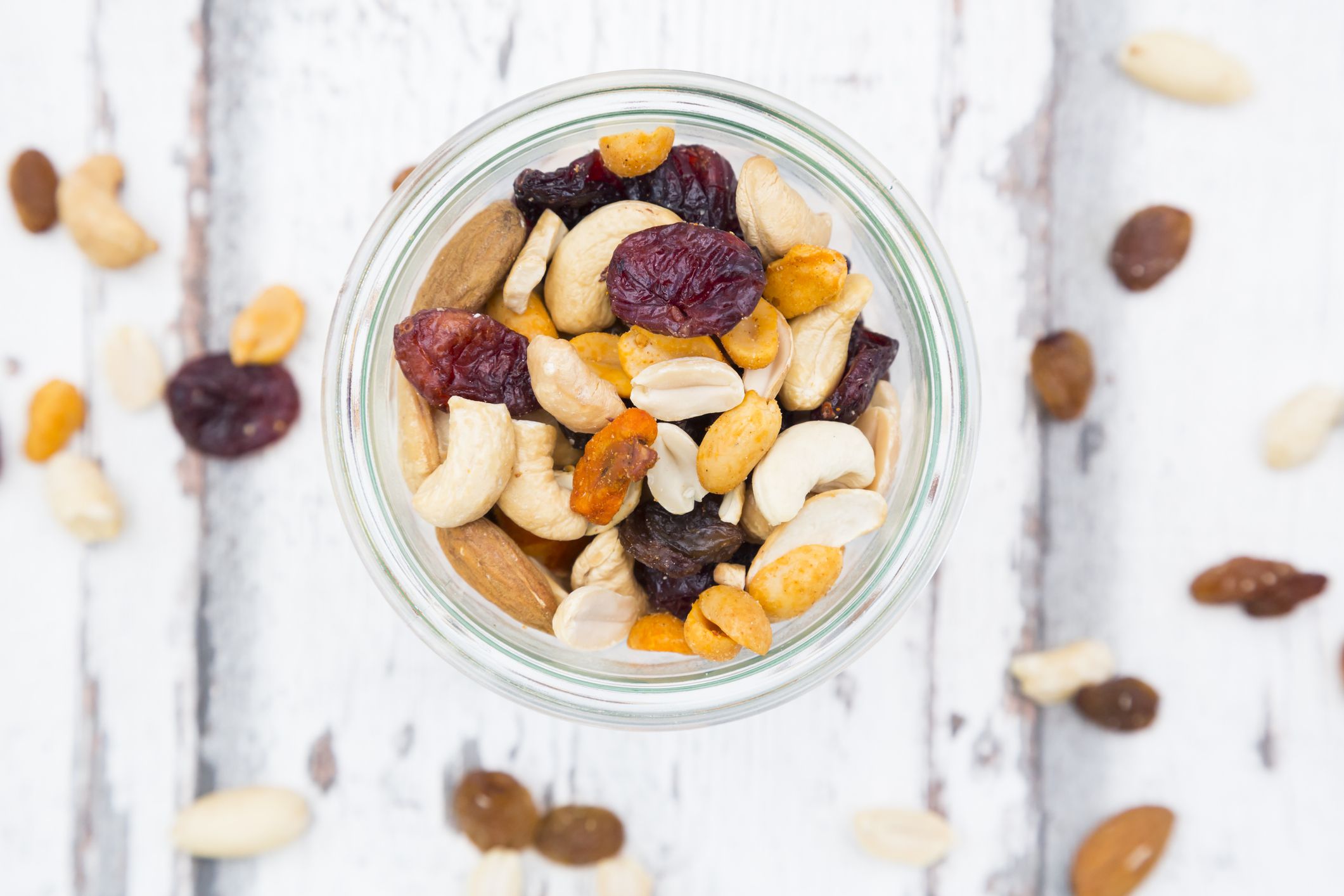

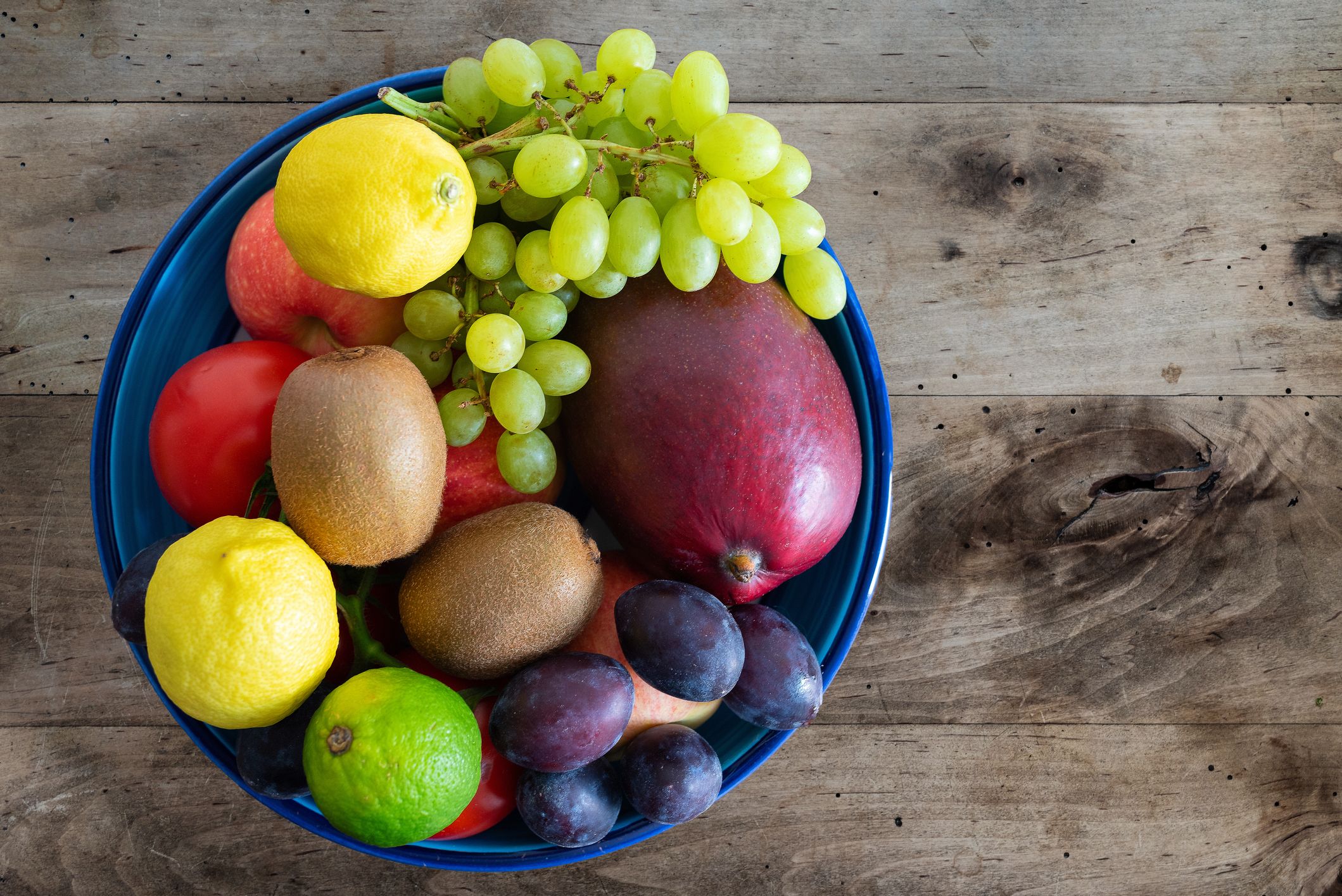



Moyo Studio ©Getty Images
If you’re overwhelmed caring for children or ageing parents, or you’re surrounded by depressed, anxious, or angry people, both of those situations can be stressful and contribute to overeating, says Ifland. Plus, she adds, you have to consider what the people around you are eating: As much as you may want to avoid eating unhealthy foods after dinner, that’s hard to do if other family members are digging in.
Moyo Studio ©Getty Images
“Fatigue can contribute to eating more than you intended to,” says Ifland. In fact, studies have shown that sleep deprivation can lead us to reach for high-calorie foods. Think about it: When you’re exhausted, the last thing you probably feel like doing is cooking a healthy meal—it takes much less effort to stop at a drive-through or grab processed food.
Moyo Studio ©Getty Images
“You don’t have to be perfect,” says O’Connor. “However, setting up guidelines for how, what, and when you eat is important.” If you need help setting those guidelines or getting to the root of your habits, don’t be afraid to reach out to a professional nutritionist or therapist. “Processed food addiction is especially hard to beat because it generally starts in childhood, involves many different substances, and is stimulated by intense advertising and availability,” adds Ifland.
Moyo Studio ©Getty Images
Set a cutoff time.
“I generally eat dinner with the kids around 6, so I made sure that we were all done by our 7pm cutoff,” says Judy Koutsky, a writer who went on a mission to curb late-night eating for a whole month. “Instead of a more vague, ‘no snacking before bed,’ a hard rule of ‘no food after 7pm’ was actually easier to follow because it was so rigid.” Your cutoff time may be earlier or later depending on your schedule, but it’s still helpful to have one in mind.
Moyo Studio ©Getty Images
Schedule your meals.
“Waiting too long before your next meal can cause you to become “hangry” and more likely to binge so set up regularly scheduled meals throughout the day to keep your blood sugars level and prevent ravenous hunger in the evening,” says dietitian Lauren O’Connor. If you need a snack between meals, she recommends keeping it to 150 calories and trying to hit two food groups. “A good example is an apple (fruit) and up to 1 tablespoon of peanut butter (healthy fat),” says O’Connor.
Moyo Studio ©Getty Images
Look at what's around you during the day.
“A source of overeating which is often missed is cuing,” says Ifland. “If there are addictive processed foods out on display in your workplace or home, they can trigger cravings just by being available and those cravings can build up through the day and erupt as bingeing in the evening.”
Moyo Studio ©Getty Images
Include protein and fiber at every meal.
“Both protein and fibre add to satiety and thus will help prevent the munchies,” says O’Connor. “For instance, sweet and salty cravings persist when we aren’t nutritionally balanced and thus feeling quite low, but when your body is supported with the nutrients it needs, your constant cravings will likely subside.”
Moyo Studio ©Getty Images
Have dinner ready to eat.
That may mean putting something in the slow cooker in the morning before you leave for work or chopping vegetables and doing most of the prep work for non-slow cooker recipes in the morning so there’s very little for you to do when you get home at the end of the day. “Having dinner already prepared means not falling prey to addictive fast food on the way home or grabbing a craving food because there's nothing else,” says Ifland. “Starting the evening with processed foods sends cravings and loss of control into overdrive.”
Moyo Studio ©Getty Images
Plan healthy desserts.
“I'm trying not to eat sweets for dessert, so instead I eat a piece of fruit or maybe cheese to end my meal,” says Koutsky. “Some days we just need a little more than usual, so grabbing a piece of fruit after dinner won’t hurt you, unless it prompts you to keep grazing,” says O’Connor.
Moyo Studio ©Getty Images
Brush your teeth right after dinner.
“After a few slip-ups in the beginning, I soon fell into a pattern of eating dinner and then brushing my teeth immediately after,” says Koutsky. “I found that once I brushed my teeth, I didn't want to snack because it would get my teeth dirty—and I'm too lazy to brush twice in a night.”
Moyo Studio ©Getty Images
Limit your supply of processed foods.
Things like biscuits, pretzels, crackers, and chips tend to be the foods we eat more mindlessly and it’s hard to stop at just one biscuit or two or three chips, says O’Connor. It’s best if you don’t buy them at all, but if you do, she suggests keeping them tucked away in a bread box and placing a well-stocked fruit bowl front and center. “That way, when you’re feeling a bit peckish, you’re more likely to reach for one of nature’s perfect treats,” O’Connor adds.
Moyo Studio ©Getty Images
Stay busy.
“Find an engaging, mindful activity that doesn’t involve food,” advises O’Connor. “Finish cleaning up after dinner, then get out of the kitchen. If you’ve got a family, play a board game. Or if you are solo, read a book. Partake in a hobby you find relaxing.” The thing you probably shouldn’t do is plant yourself in front of the TV: “Television has been shown to stimulate overeating,” Ifland points out.
Moyo Studio ©Getty Images
Pay attention to emotional triggers.
“If you are an emotional eater, work on developing non-food related ways to respond to your triggers—like stress,” says O’Connor. “It won’t happen overnight but it’s something you can achieve with time and practice.” She recommends keeping a diary to record your mood and what you’re eating so you can spot patterns. “Do a guided meditation, practice yoga, or set up a relaxing bath if by the end of the day you are feeling uptight, anxious or overwhelmed,” O’Connor adds.
Moyo Studio ©Getty Images
Listen to your body.
While you’re looking for emotional eating patterns, try to spot the physical effects as well. Does eating too close to your bedtime give you acid reflux? Did finishing off that box of biscuits leave you full and feeling guilty the next morning so you skipped breakfast? The next time you have a late-night hankering, remind yourself of those crummy side effects.





.jpg&h=193&w=250&c=1&s=1)



